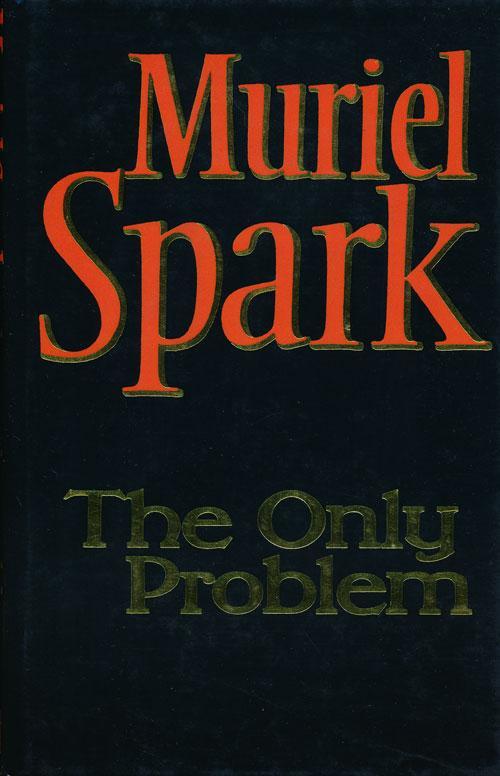What do you think?
Rate this book


189 pages, Hardcover
First published January 1, 1984
She dumped the food basket and went back for the baby, having glimpsed the outline of a student, a young man, any student, with those blue jeans of such a tight fit, they were reminiscent of Elizabethan women's breasts, in that you wondered, looking at their portraits, where they put their natural flesh.
We all need something to suffer about.